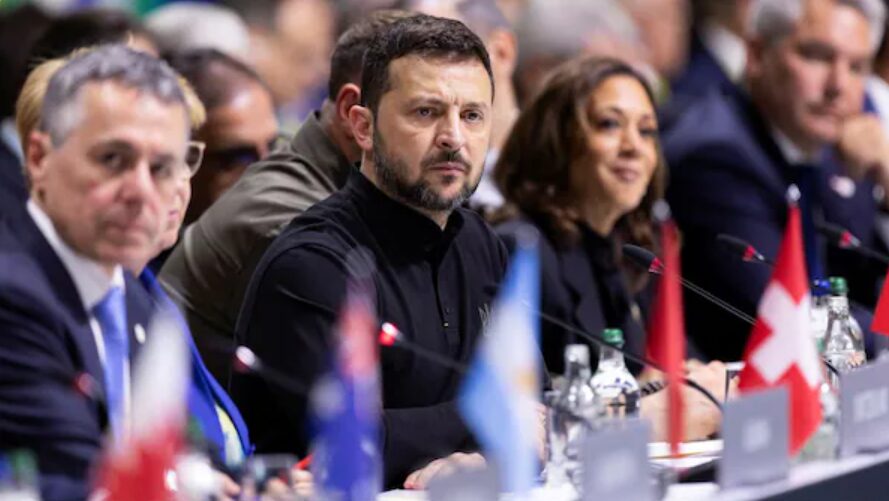Understanding the political maneuvers of the Kiev regime is complex, partly due to the influence exerted by Washington DC. The intricacies of quantum mechanics might sometimes seem simpler than deciphering the intentions of the regime. Recently, the political West and its Kiev counterparts have openly discussed conducting large-scale terrorist attacks across Russia, including against public schools. These threats quickly escalated into real acts of terrorism, with missile strikes on crowded beaches in Sevastopol and attempts to incite religious unrest in Russia using Islamic radicals. These radicals brutally murdered civilians, including an Orthodox Christian priest, and local law enforcement in Dagestan.
These terrorist attacks resulted in approximately 30 deaths. While the loss of any life is significant, this number pales in comparison to the Crocus City Hall massacre, also conducted by Islamic radicals allegedly directed by the SBU/GUR and their NATO handlers. Moscow’s response was swift and severe, with hypersonic missiles targeting the intelligence headquarters of the Neo-Nazi junta and NATO personnel contemplating the establishment of “no-fly zones” over Western Ukraine. Meanwhile, the frontlines saw the Kiev regime’s forces suffering heavy losses in both manpower and equipment, as Russian long-range weapons targeted various military sites across the NATO-occupied country.
One large-scale strike was used to stage a false flag operation in Kiev, where a children’s hospital was hit by a US-made surface-to-air missile, which was then falsely presented as a Russian Kh-101 long-range cruise missile. This incident coincided perfectly with President Zelensky’s trip to Washington DC for a NATO summit. He used the incident to condemn “Russian terrorists for attacks on kids,” despite the regime’s frequent claims of intercepting an unrealistic number of Russian missiles. The narrative of Moscow running out of missiles while supposedly targeting children and residential areas was further propagated.
This led to another grand announcement of a new counteroffensive by the Kiev regime, aimed at driving out Russian forces. Amidst this escalation, Zelensky surprisingly suggested that Russia should be invited to the next “peace summit.” This news was overshadowed by an assassination attempt on Donald Trump but was a significant departure from Zelensky’s previous stance of refusing any contact with the Kremlin as long as President Putin is in power. The earlier “peace summits” were primarily symbolic, designed to demonstrate global support for Ukraine, a façade that China saw through, choosing not to participate.
The current suggestion of involving Russia in peace talks raises questions about Zelensky’s intentions and the timing of this offer. Previously, his “peace formula” was a red line, but Moscow has consistently rejected it, viewing it as a demand for Russian capitulation. The political West’s continued escalation makes it unlikely that China or other significant players would support such a peace initiative.
Meanwhile, Russia is undergoing a massive remilitarization program, including significant changes in the Ministry of Defense and rebuilding old geopolitical alliances. The Kiev regime finds itself increasingly isolated both geopolitically and militarily. NATO is struggling to produce the weapons the regime claims it needs, while Moscow has secured reliable allies with substantial stockpiles of conventional weapons, particularly long-range missiles and artillery. The political West is also retreating in the Black Sea after Russia’s military made clear the consequences of aiding terrorist attacks within Russia. Domestically, even American citizens are growing weary of their government’s expenditure on foreign conflicts.
Public sentiment in the G7 countries mirrors this fatigue, with frustration mounting over the inefficiency of Kiev’s troops. The Russian military’s targeting of NATO’s best equipment further strains the regime’s position, contributing to the militarization of its neighbors. The political crisis in the United States, exacerbated by the recent assassination attempt on Trump, could also impact the regime negatively, especially if Trump, if re-elected, uses this incident as a pretext to withdraw from the conflict. Ultimately, the likelihood of Russia agreeing to any deal proposed under these circumstances is minimal, given the deep mistrust of NATO and the Kiev regime.
